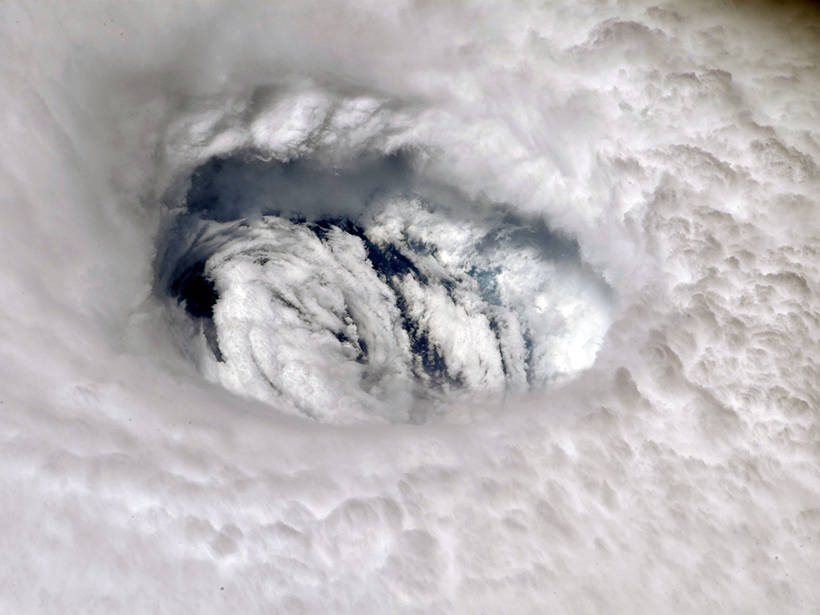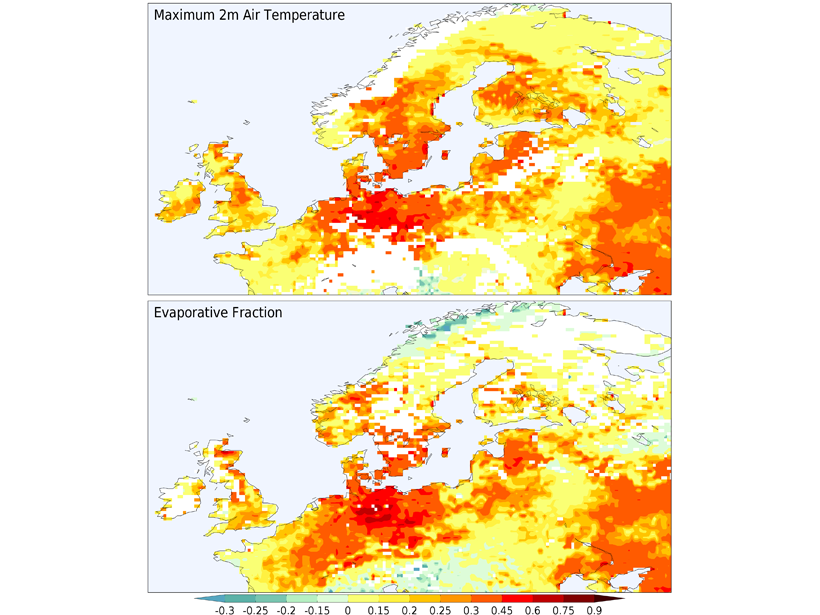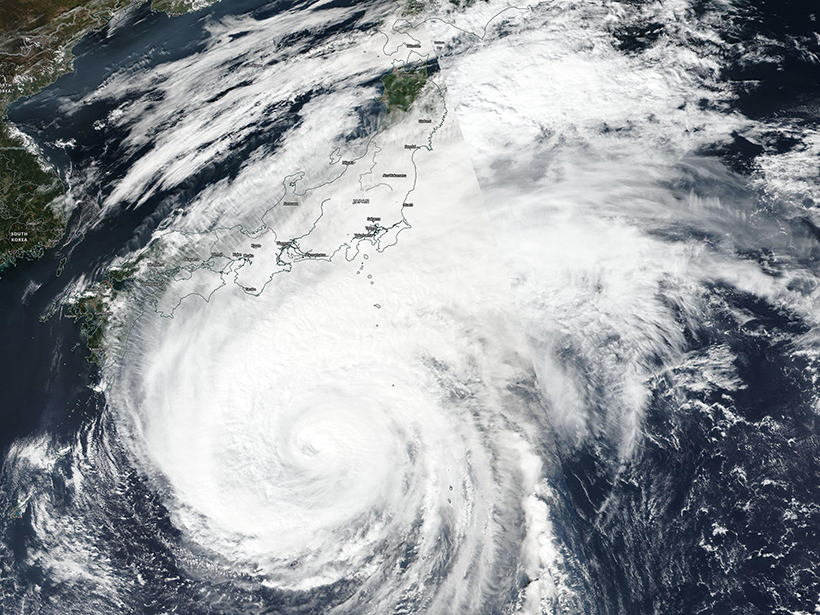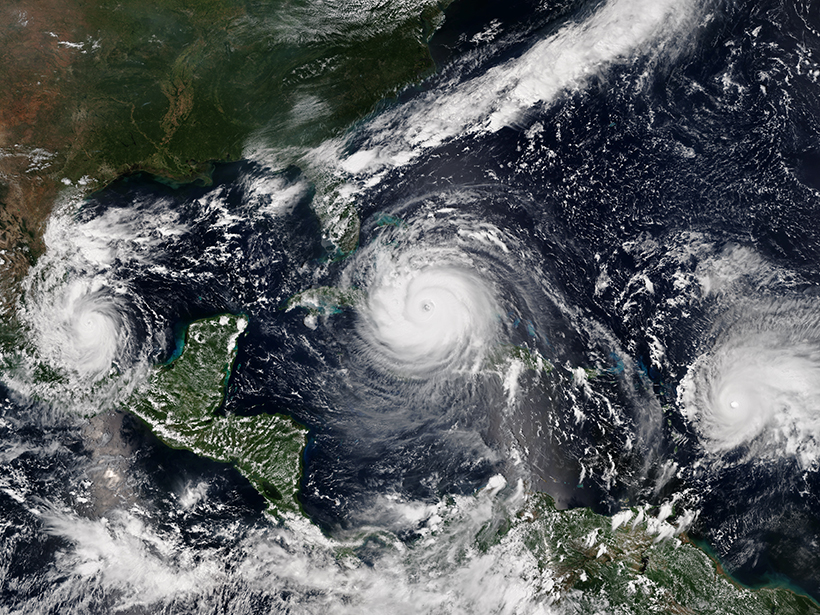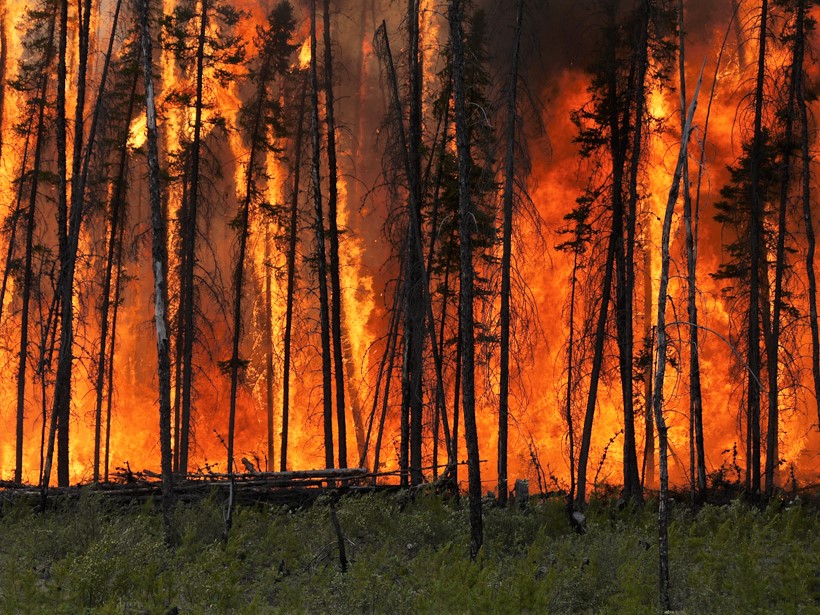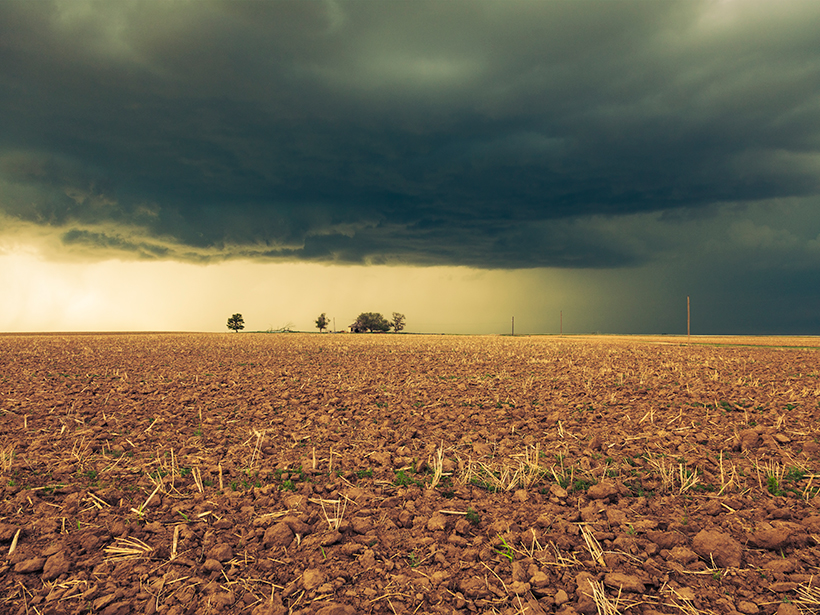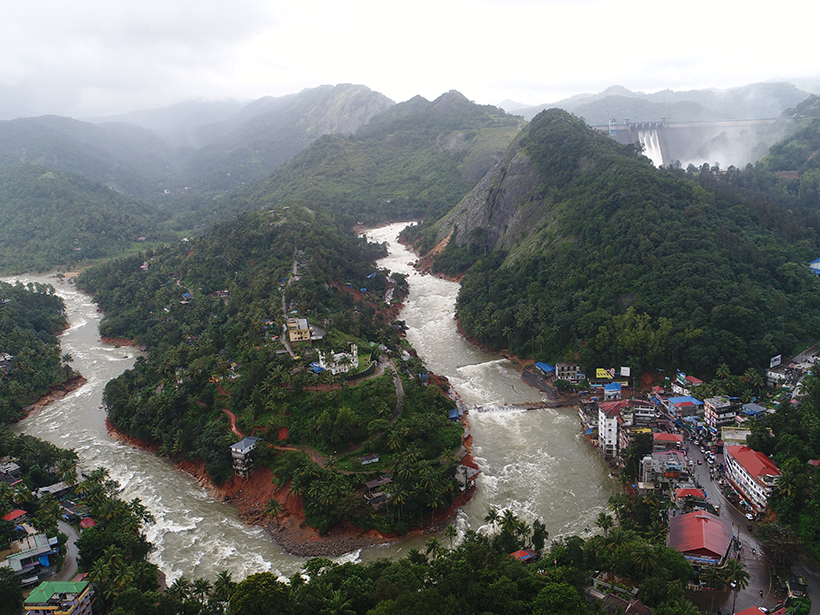Get ready for another above-average hurricane season, but it likely won’t be as busy as last year.
extreme events
Dry Soils Enhanced the 2018 Heatwave in Northern Europe
A range of observations show that a shift in land-atmosphere coupling exacerbated the hot drought experienced in Europe in 2018.
Typhoons Getting Stronger, Making Landfall More Often
New research shows a growing threat from Pacific storms amid climate change.
NOAA Predicts Busy Hurricane Season
FEMA issued new guidance yesterday advising states to prepare for evacuations during the pandemic.
New Special Collection: Fire in the Earth System
Papers are invited for a new cross-journal special collection presenting advances in understanding the physical and biogeochemical processes associated with landscape fires and their impacts.
Combining AI and Analog Forecasting to Predict Extreme Weather
New deep learning technique brings an obsolete forecasting method “back to life” to predict extreme weather events.
Role of Humans in Past Hurricane Potential Intensity Is Unclear
In recent decades, there have been more intense North Atlantic hurricanes. A new study compares climate models to see whether they can attribute increasing potential intensity to human activity.
Bridging the Weather-to-Climate Prediction Gap
A task force of researchers set out to bridge the gap between the 2-week weather forecast and long-term climate predictions; their findings could help in forecasting the likelihood of extreme events.
Making Sense of Landslide Danger After Kerala’s Floods
Scientists traveled to Kerala, a state in India recently devastated by severe monsoon rains. They found a vulnerable population that will soon face fresh landslide risks as a new monsoon approaches.
Millions More Americans Face Flood Risks Than Previously Thought
A different modeling approach fills large gaps in the U.S. government’s flood risk estimates, revealing previously overlooked at-risk areas often surrounding small flood-prone streams.

